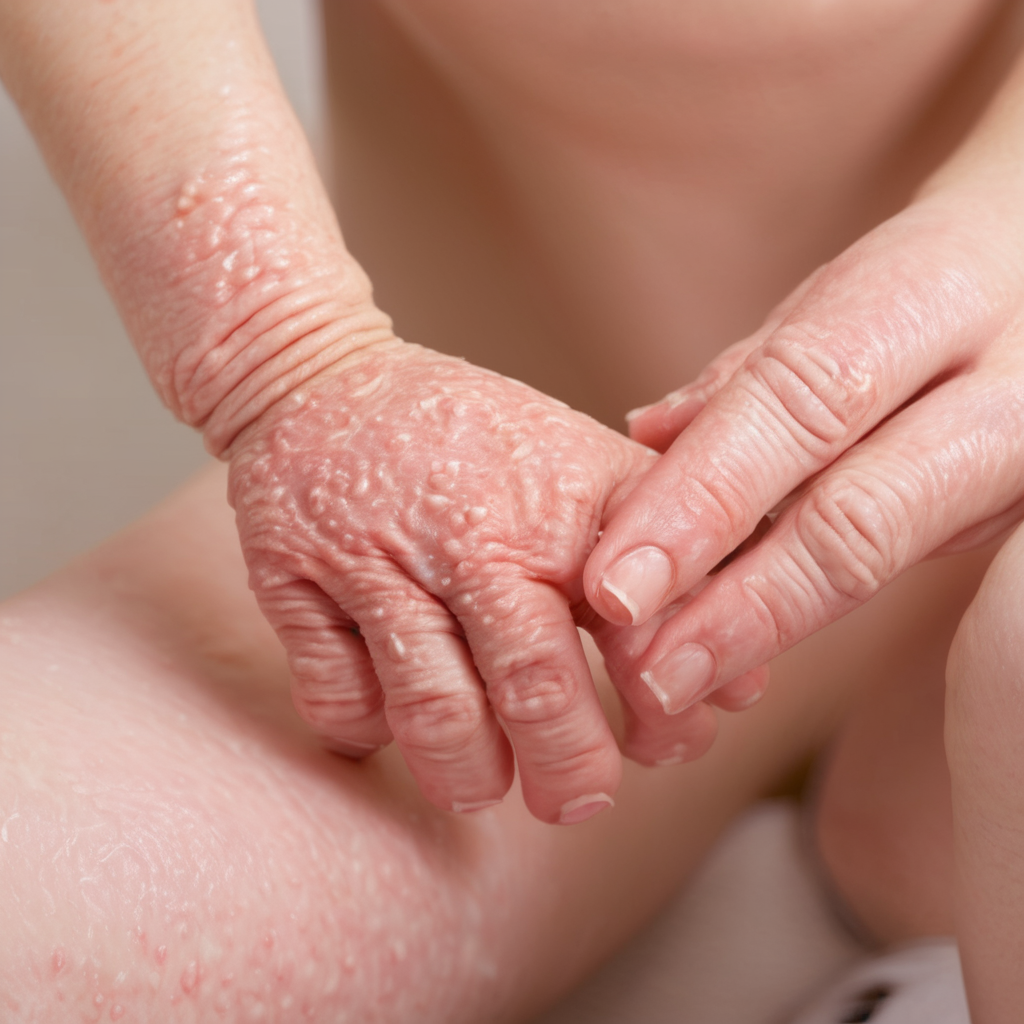Eczema, also known as atopic dermatitis, is a chronic inflammatory skin condition that causes dry, itchy, and inflamed patches of skin. While there is no cure, there are many effective treatment options available to manage symptoms and prevent flare-ups.
The main goals of eczema treatment are to heal the skin, reduce itching and inflammation, prevent skin infections, and identify any potential triggers that may aggravate the condition. An individualized approach using a combination of remedies often works best.
Moisturizers are a fundamental part of any eczema treatment plan. They help repair the skin’s protective barrier and lock in hydration. Look for thick, fragrance-free cream or ointment moisturizers and apply them frequently, especially after bathing.
Over-the-counter hydrocortisone creams can provide anti-inflammatory relief for itchy, inflamed eczema patches. For more severe eczema, prescription topical corticosteroids may be needed to bring flare-ups under control. These should be used sparingly under a doctor’s guidance.
Patients are often prescribed topical calcineurin inhibitors like Elidel or Protopic as steroid-free options to manage eczema and reduce the risk of skin thinning from prolonged steroid use.
For severe, widespread eczema, oral immunosuppressants or newer injectable biologic drugs may be recommended to control overactive immune system response and reduce inflammation throughout the body.
Phototherapy with UV light exposure can also be an effective eczema treatment, particularly for adults and older children.
Identifying and avoiding triggers like harsh soaps, scratchy fabrics, stress, or certain foods that may exacerbate individual eczema is key. Using a gentle, fragrance-free cleanser and applying a wet wrap to flare-up areas can provide relief.
With the right combination of good skincare, medication, and trigger avoidance, most eczema patients are able to successfully control their symptoms and enjoy healthy, itch-free skin.












